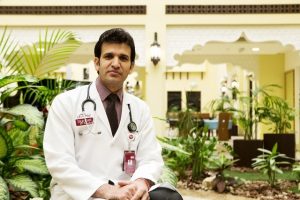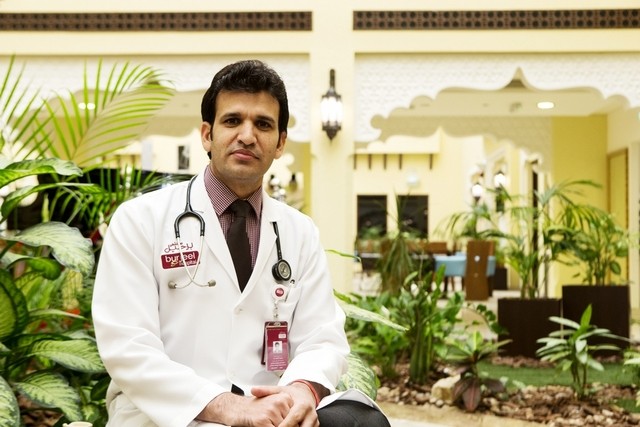- World's No.1 selling Anti Bacterial Treatment System!
- +971 56 3304466
- +971 55 9676070
- info@bactakleen.ae

How to prevent Sick Building Syndrome
October 12, 2016Working in unhealthy enviornments can lead workers to illnesses and injuries in sever conditions and can be costly for everyone. Therefore it is very necessary to have a healthy work enviorment which pays off in more than one way.
The workers of any factory or manufacturing unit are key players it is necessary to keep the working enviorment clean and safe in all aspects and follow strict safety guidelines. In fast growing countries like UAE where there are a lot of factories working and increasing day and they have a number of factory workers who usually complain about breathing problems, skin complaints, headaches, sore throats and sometimes itchy eyes these all are developing due to SBS (Sick building Syndrome). This is all caused because of poor ventilation in the factory or work area, dust and fungal spores and other airborned particles create problem on the long run.
Doctors in the middle east have suggested empoloyers to keep their working conditions clean and safe by using good ventilation system and air quality systems to protect the well being of their factory workers.
TheNational.ae did a recent survey from several doctors in the UAE and compilied their saying about the SBS:
“Sick Building Syndrome is very common in the UAE and other fast-growing countries,” said Dr Trilok Chand, a specialist in respiratory medicine at Burjeel Hospital.

From thenational.ae
“The reason is often poor ventilation in these buildings, while leaks and other water issues can carry bacterial infections such as fungus.” He sees about a dozen cases exhibiting respiratory symptoms each month. If a patient has underlying lung problems such as asthma, it worsens their condition.
“Such symptoms are common in my clinic. Patients explain how they feel better once they are outside their work building,” Dr Chand said. He pointed to air pollution, poor ventilation and the circulation of unclean air as common causes of workplace-related illness. SBS coupled with heavy workloads, long periods on the computer and stressful environments hurt productivity, Dr Chand said.
“It is of great importance in the UAE and it requires greater education. We need to be aware of it to observe and diagnose these problems, because they have big symptoms.”
“People don’t know what the problem is. They cannot relate to something that is invisible and odourless,” Dr Chembolli said.
“We need to have an environmental protection certification for office buildings to certify that the ventilation quality is on a par with accepted standards.
“In America and European countries they have this in place, so we should try to have some guidelines in the UAE as well, because many people spend the majority of their life in an office.
Employees also have a part to play, according to Dr Hossameldin Saad, a specialist in pulmonary medicine at Medeor 24×7 Hospital.
“Transmission of infectious respiratory diseases from one person to another can be greatly reduced by hand washing frequently with soap and warm water – one of the most effective ways to reduce the spread of illness,” he said.
Dr Saad added that disinfection, in-depth cleaning, and special air-handling and ventilation systems could curb the transmission of water-droplet pathogens, such as those that cause Legionnaires’ disease.




